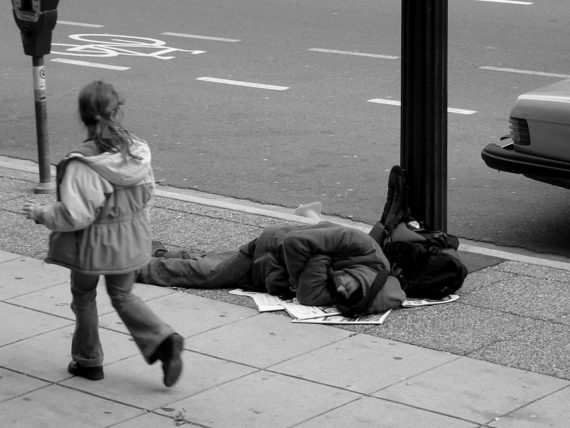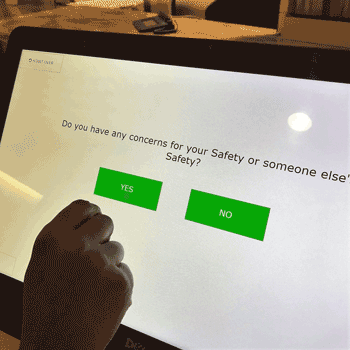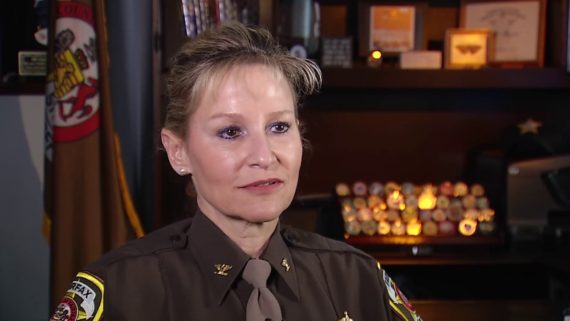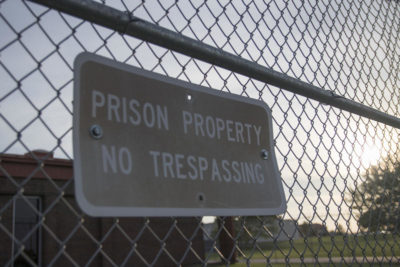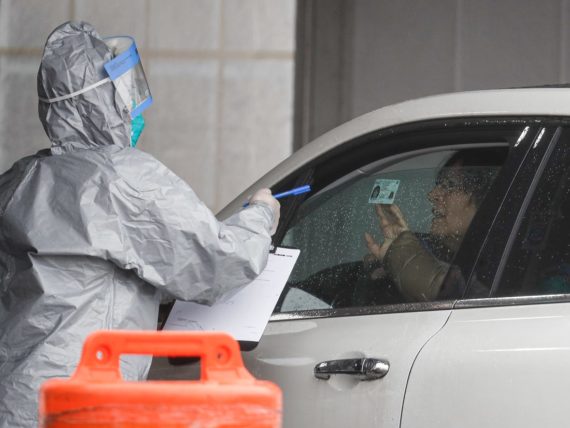
Photo courtesy of Business Insider
(3-27-20) Local, state and federal officials need to begin thinking outside the box if they intend to help homeless Americans, especially those with serious mental illnesses.
The trillion dollar recovery package proposed by Congress includes direct payments to those who qualify. (Click here to learn how much you will receive.)
But many homeless Americans don’t have permanent addresses, direct deposit or bank accounts, especially homeless young people and those with serious mental illnesses.
I serve on the Corporation for Supportive Housing board of directors with Matthew Morton, a Research Fellow at Chapin Hall at the University of Chicago, and an expert on youth homelessness. He’s written about options officials can take to get cash into the hands of homeless Americans. Some four million young people are without housing.
“You face extraordinary difficulties,” he writes about the young, “that most young people don’t and may not ever have to. Chances are, you first fell into homelessness through a path of trauma and family adversity. Now you have to manage the stress of not knowing where you will sleep or where your next meal will come from. You face the very real risk of being abused, exploited or trafficked. You endure repeatedly dehumanizing experiences that undermine your sense of self-worth. These hardships disrupt your ability to thrive during one of life’s most critical developmental windows. Now, add COVID-19.”
